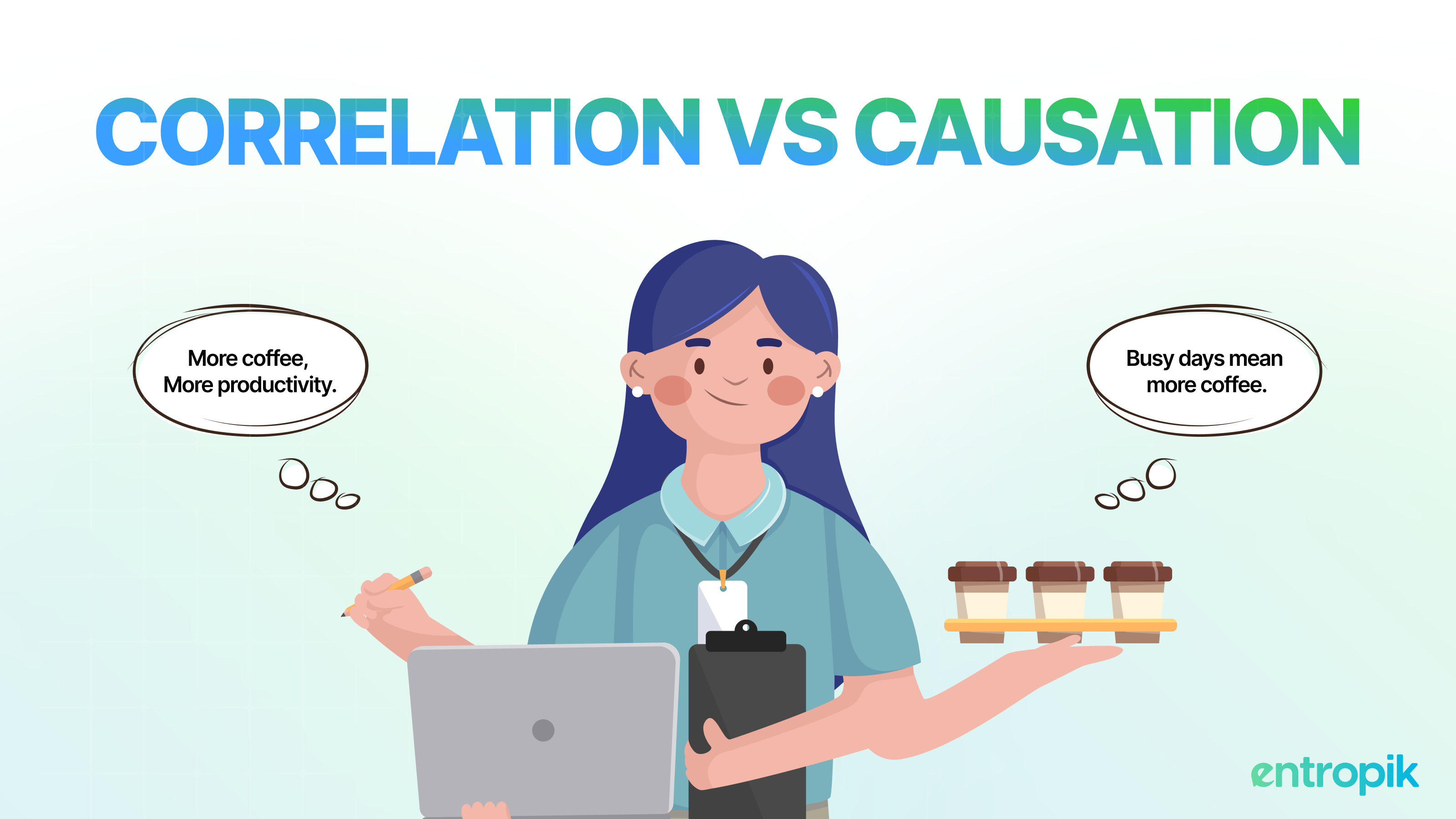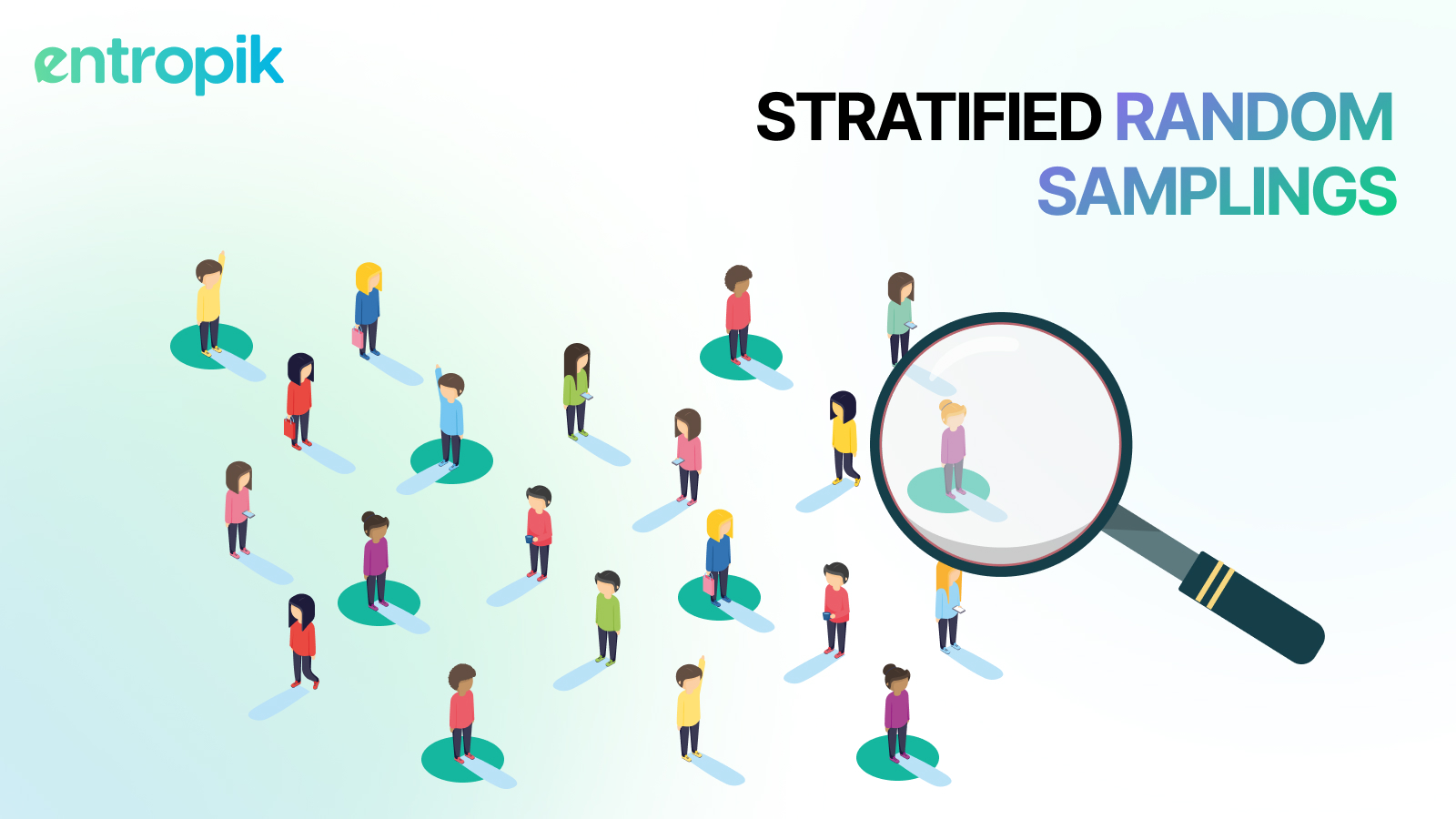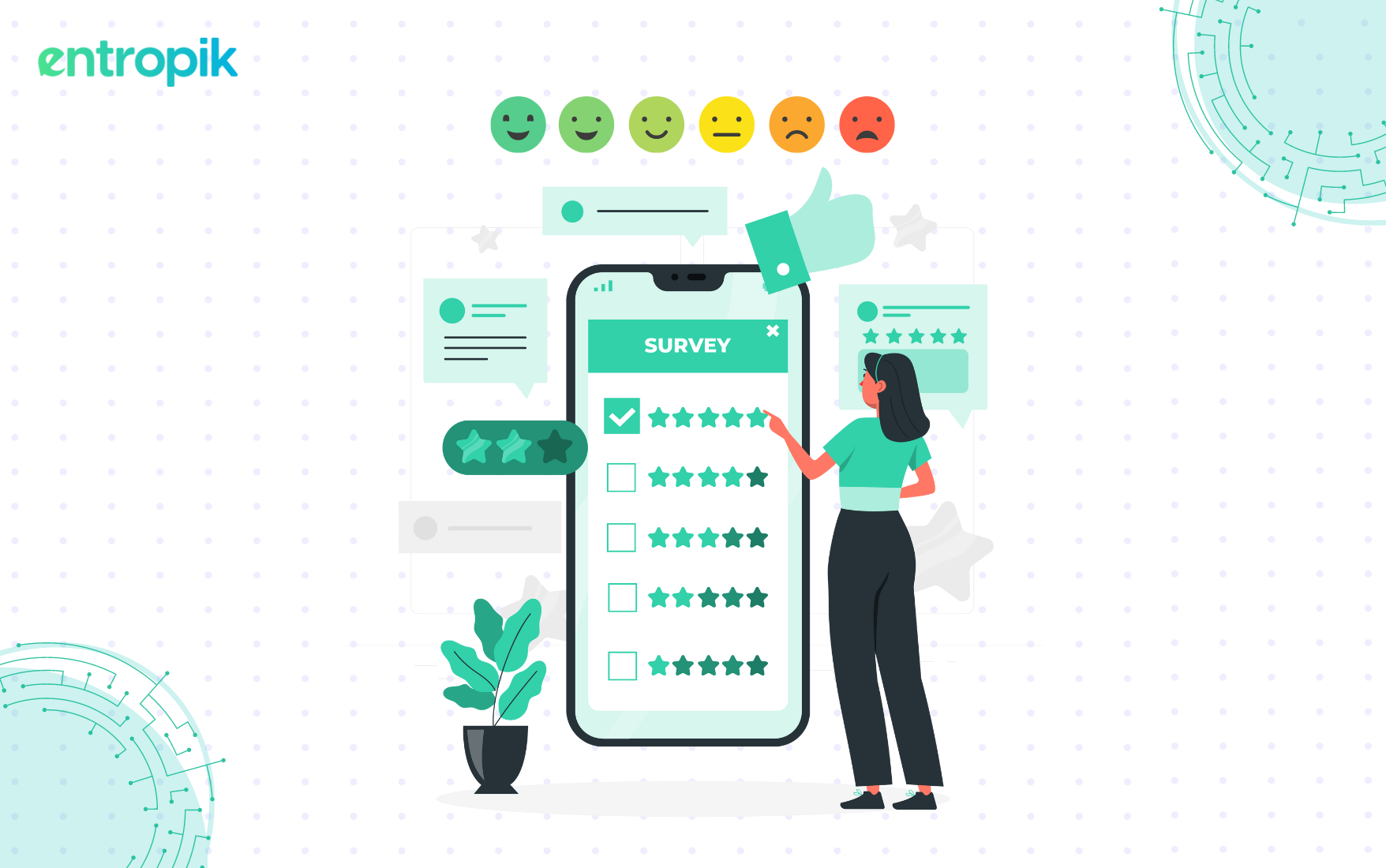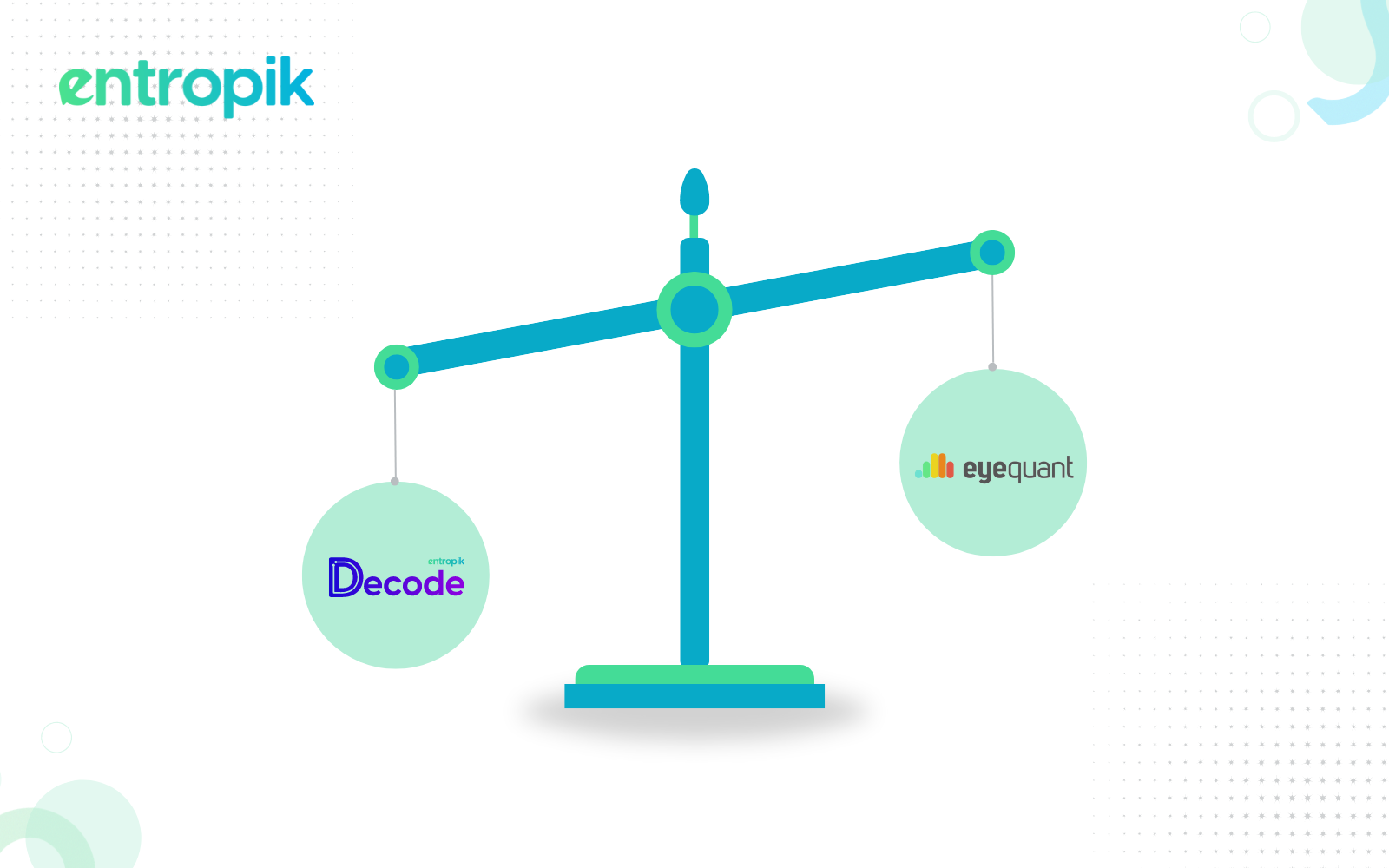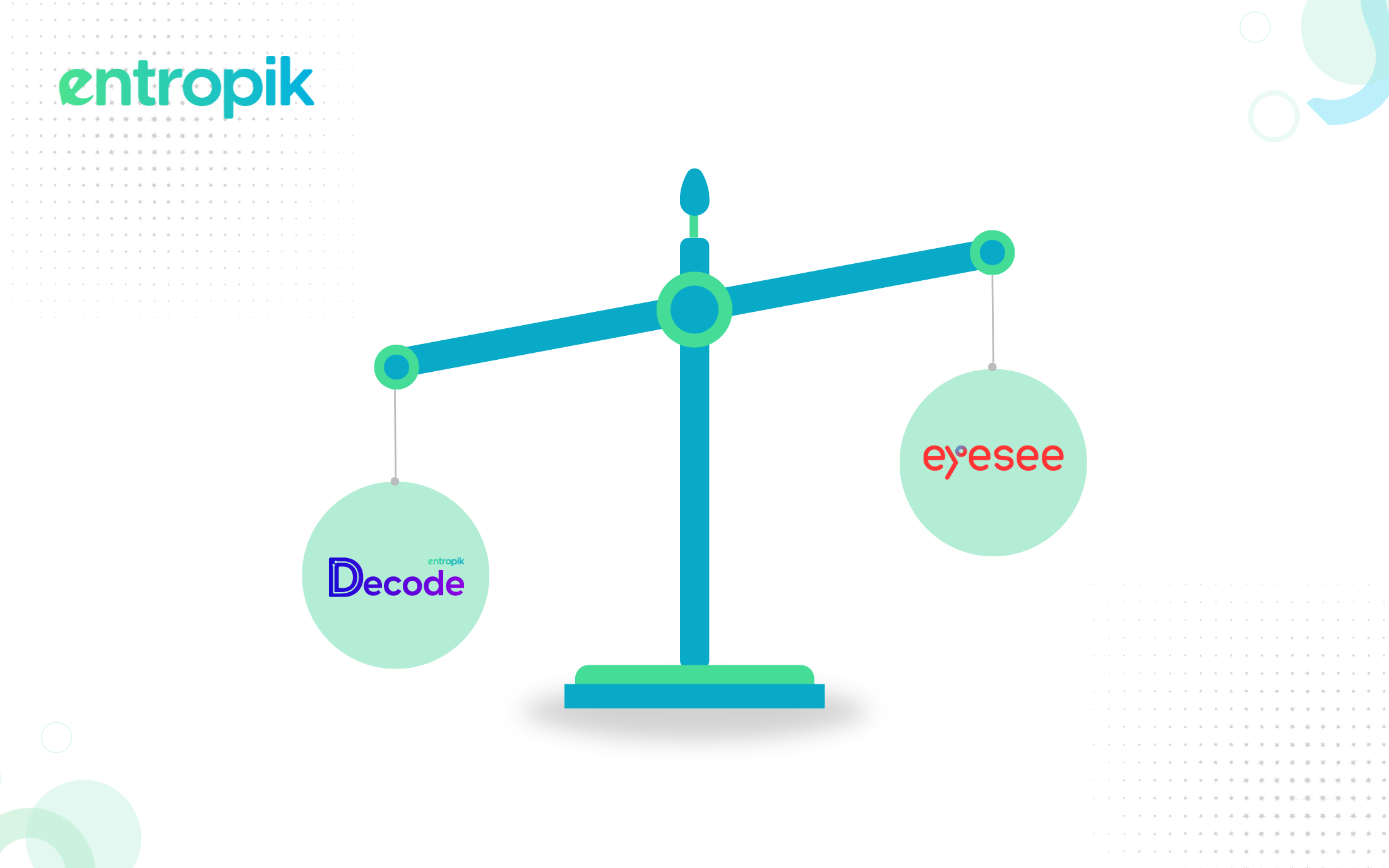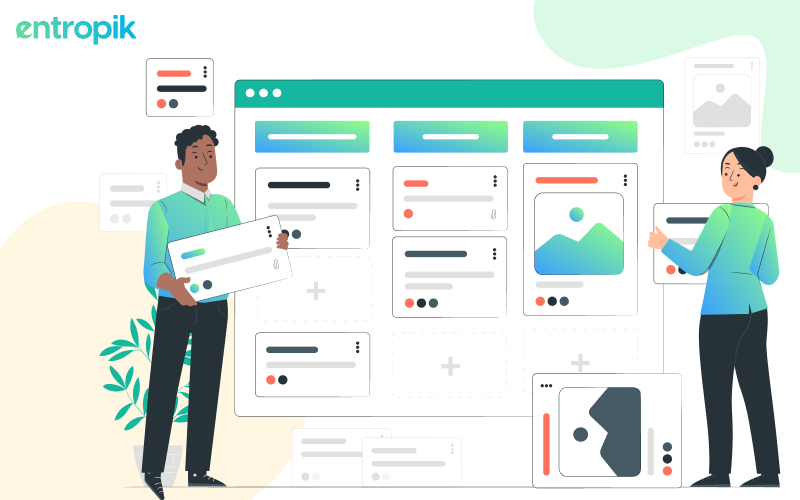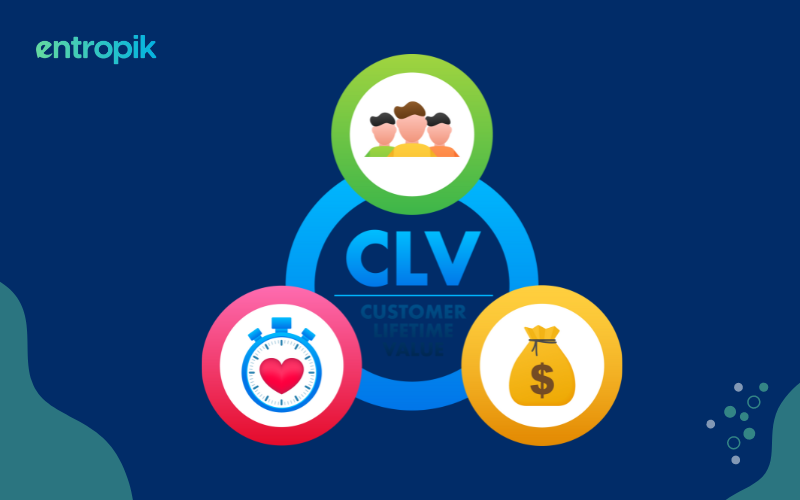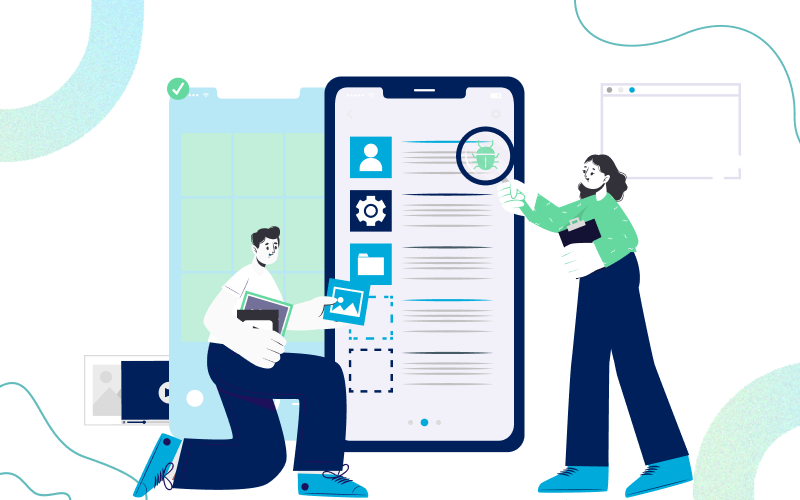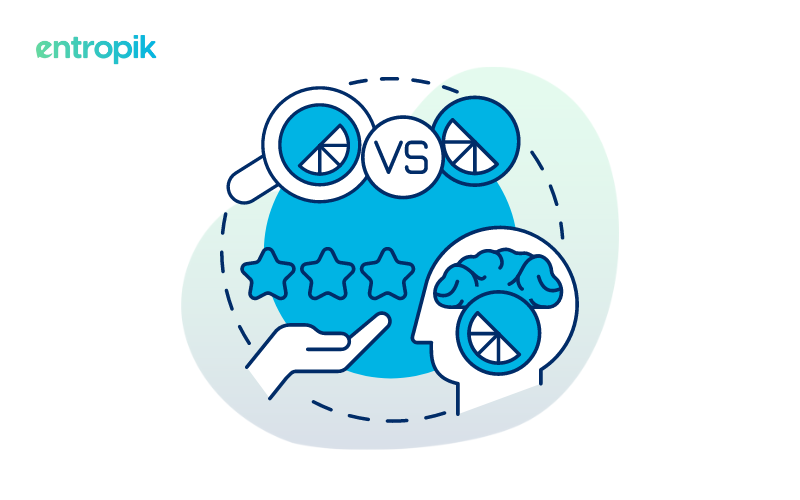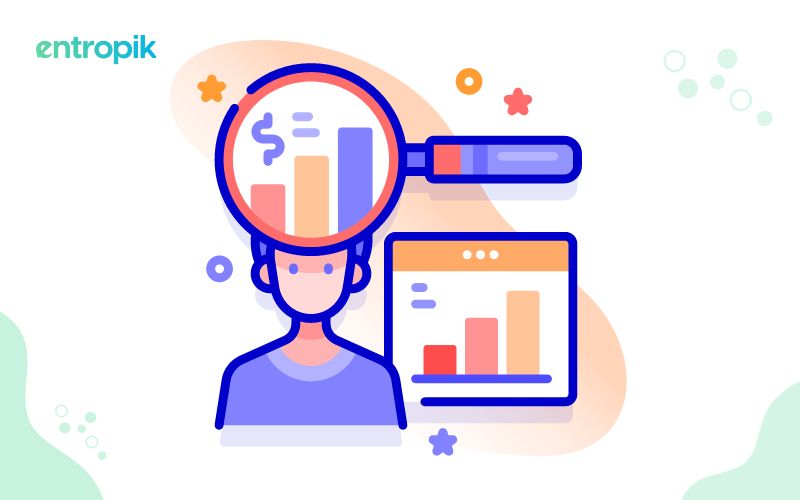Traditional ways of studying what users like and do can be tedious and take a long time. But guess what? Generative AI has taken a step in user research, which might make things way more interesting! Gen AI could completely change how we learn about users.
Generative AI is envisioned not as a threat to researchers' employment, but rather as a tool to enhance their proficiency in the execution of user research endeavors. It can simplify the ‘not-so-fun’ tasks that designers usually spend a lot of time on, like gathering and writing down information. That means user research professionals can spend more time figuring out what the data means and developing fixes.
In this article, we will explore what generative AI is, where it comes from, and how it might shake things up in designing user experiences.
What is Generative AI?
Generative AI, short for Generative Artificial Intelligence, refers to a category of artificial intelligence systems designed to generate new and original content autonomously.
Generative AI in user research is a high-tech tool that helps researchers by creating diverse and relevant data on its own, making it easier to understand how users behave and what they prefer. It uses unique algorithms to make new content on user experiences. To do this, it learns from existing data and then analyses intelligently that matches its knowledge.
The analytical processes inherent in Generative AI are facilitated through the application of machine learning methodologies, wherein computers are trained to discern information and subsequently generate novel, valuable insights based on their perceptual analysis. The progressive refinement of Generative AI is attributable to sophisticated technologies, notably including generative adversarial networks (GANs) and transformer models.
Read on to understand some ways Gen AI can make user research simple.
Benefits and Use Cases of Generative AI in User Research
Data Augmentation
Analyzing a substantial volume of data poses challenges in UX research, particularly during the facilitation of focus group discussions. It's a time-consuming and costly process. Generative AI steps in to help by analyzing data in real-time, making the research more affordable and quicker, but the data still needs to be manually checked again.
User Persona Creation
Creating user personas is crucial for UX design. Generative AI can make this easier by automatically making detailed user personas from existing research data, saving time and effort. It can even add AI-generated content like pictures or common user questions.
User Behavior Simulation and Analysis
Generative AI can predict what users might do in the future based on past data. This helps researchers plan ahead and adjust their research methodologies to meet changing user expectations.
Scenario Generation
Generative AI can assist in creating realistic user scenarios or stories, enabling designers to conduct role-playing exercises or guide qualitative research. By immersing themselves in these scenarios, designers can gain deeper insights into user experiences.
Predictive Analysis
Generative AI encourages designers to explore novel design solutions that might not be immediately obvious to human designers. By pushing the boundaries of traditional design thinking, generative AI opens up new possibilities and fosters innovative approaches to problem-solving.
Enhanced A/B Testing
A/B testing is a common practice in UX research to compare different design variations. Generative AI can be utilized to quickly generate multiple design variations for split testing to provide more granular insights into user preferences. As a result, allows designers to gather data-driven insights and make data-informed design decisions.
Content Generation
Generative AI makes content creation easier through textual prompts. It can independently execute these tasks, customizing content to suit diverse user profiles.
Enhanced Survey and Questionnaire Design
Generative AI has the capacity to offer question suggestions, enhance survey consistency, and predict the clarity of inquiries. It also contributes to statistical analysis data processing and provides concise summarizations for report generation.
{{cta-trial}}
How would Gen AI Make User Testing a Seamless Process?

AI-Generated Summaries, Action Items, Tags, and Highlights
Gen AI streamlines user testing by employing advanced algorithms to automatically generate concise summaries, actionable items, relevant tags, and highlights from the collected data. This ensures that stakeholders can quickly grasp the key insights without shifting through extensive reports, making the entire user testing process more efficient.
Question-Driven Insights
Harnessing the power of question-driven insights, Gen AI facilitates a targeted approach to user testing. If you give the right prompts, Gen AI can extract specific information, providing focused and relevant insights. This tailored approach allows for a more structured analysis, helping teams address specific concerns or areas of improvement identified through user testing.
Extraction and Analysis of Complex Data
Gen AI excels at handling complex data sets, extracting valuable information that might be challenging to do through traditional methods. Whether it's user behavior patterns, preferences, or interactions with a product, AI can analyze complex data, offering a deeper understanding of user experiences. This significantly enhances the accuracy of insights obtained from user testing.
Comprehensive Answers
Gen AI goes beyond surface-level analysis by providing comprehensive answers to queries generated during user testing. Instead of relying on manual interpretation, the AI can process large volumes of data to offer detailed and nuanced responses. This feature enables teams to gain a holistic understanding of user feedback and make informed decisions based on a broader perspective.
Transcription & Translation
Incorporating transcription and translation capabilities, Gen AI eliminates language barriers and enhances accessibility in user testing. The AI can transcribe spoken feedback, making it faster to analyze and share insights across global teams. Additionally, the translation feature ensures that language diversity doesn't hinder the understanding of user experiences, encouraging a more inclusive approach to testing and analysis.
Drawbacks of Using Gen-AI in User Research
Scalability
While Gen AI offers a quicker alternative to traditional surveys and moderated studies, generating data using Gen AI may present challenges. These challenges can, in turn, lead to potential delays, rendering the data inaccessible to research teams within their stipulated deadlines.
Accuracy
AI-generated data typically exhibits reliability; however, it may lack the precision inherent in data derived from authentic research. Consequently, researchers must exercise caution when utilizing this data for their specific target audience. It’s important to remember that the accuracy of an impartial algorithm relies on the quality of the underlying content.
Interpretability
Generative AI algorithms make it challenging to understand how raw data becomes usable data. The origin and process of obtaining this data are unclear, especially when the sources are not cited. This impacts the credibility of the information obtained from Gen AI.
** Despite the continuous evolution of Gen AI, it presents challenges. However, verifying the generated data would improve the efficacy of user research.
Bottom Line
In summary, using Generative AI in user research methods enables researchers to enter a new and exciting era. It helps UX researchers conduct research better and faster by handling repetitive tasks and giving smart solutions. However, it’s important to remember that it is more of a helper, not a replacement for humans who bring their own touch, creativity, and thinking to user research.
Generative AI is powered by diverse tools that enable the generation of data, formulation of user profiles, and predictive analyses for user behavior. However, it is important to have a cautious approach, with due consideration given to the accuracy of data and a thorough understanding of its origins.
In today's world, combining the power of Generative AI with human ideas is the key to creating amazing user experiences. It's like having new tools that help designers make things that people enjoy in our tech-driven world. The future is about working together with Generative AI and human skills to make user research not just easy but really special.
{{cta-trial}}















.jpg)



